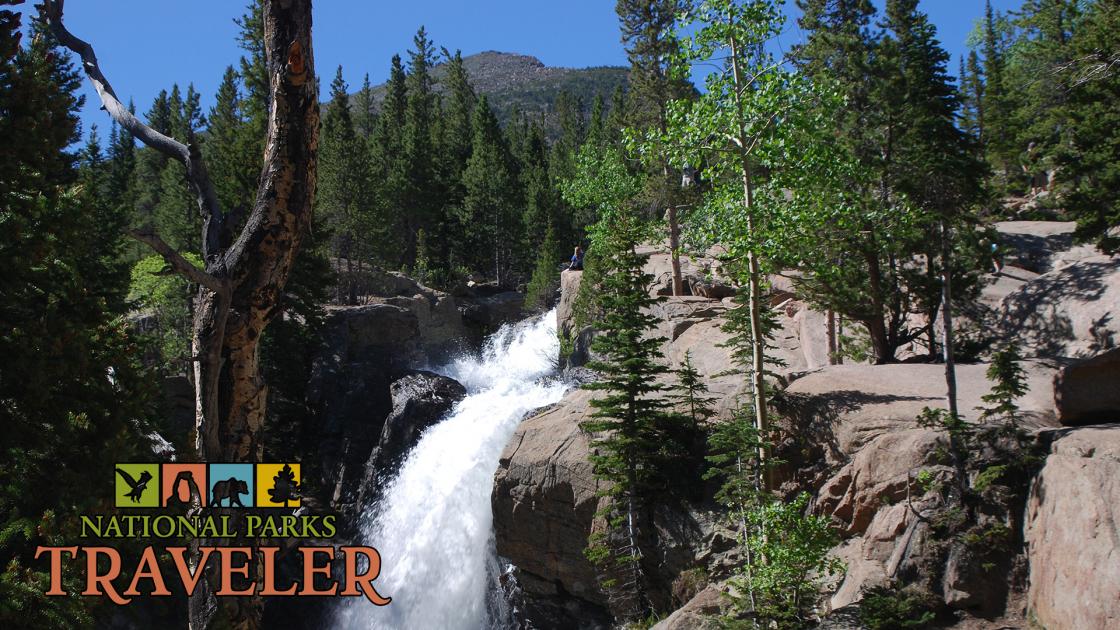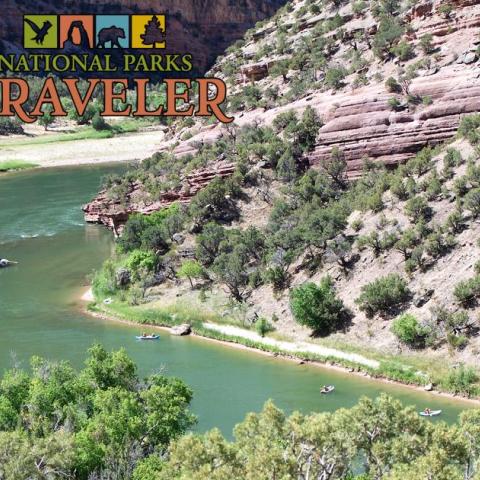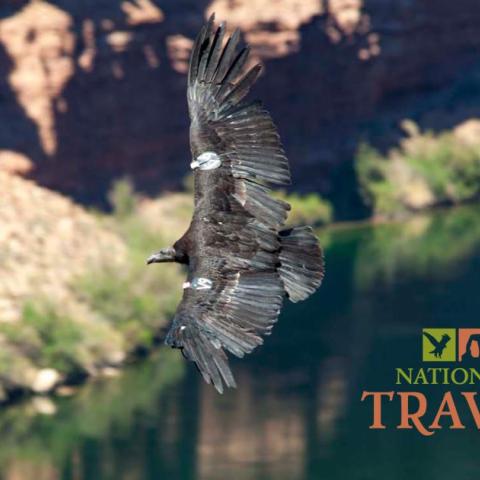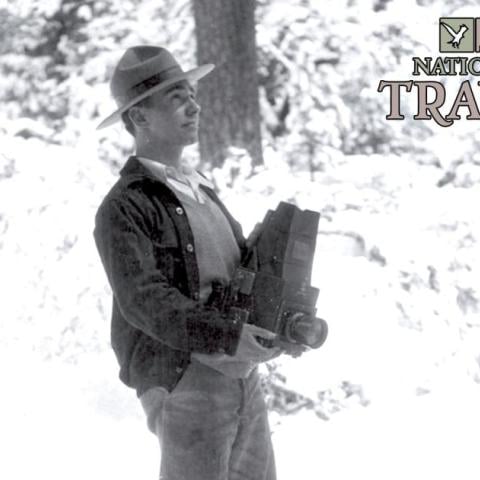A few shows back, Episode 74 to be exact, we treated you to some wildlife sounds captured in the National Park System by a professional sound recording specialist. We’re going to revisit that a bit today, but by taking a deeper dive, if you will.
As you can imagine, the National Parks offer a variety of treasures: spectacular views, scenic trails and waterways and vast ecosystems of plants and wildlife. And what would these things be without accompanying soundscapes -- wind howling through a canyon on a scorching afternoon… or the “wall-of-sound” created by insects as soon as the sun sets… or birds singing so loudly outside your tent, they wake you up before you really wanted to wake up.
For natural sound, too, is a treasure and like many other aspects of the national parks affected by too much human activity. To learn more about the efforts to conserve natural sounds in the parks, Traveler’s Lynn Riddick reached out to to Dr. Jacob Job, research associate and listening lab director at the Sound and Light Ecology Program at Colorado State University.












Comments
I am a retired teacher of philosophy, and classical languages and history and sad to say during my transition to retirement have found little worthwhile informative programming to entertain me in the mass media in particular the internet and televison. Recently, however, I discovered the delightfully informative commentaries you have produced while on yoor walks through wildrness parks. I particularly enjoy them because they are audible only and permit me to relax in my armchair with a view otuside or before my fireplace and mentally accompany you on your journey.
If possible I would like to know more about you and your work especially your walks in nature reserves in the northeast of our natioin.
I live in northern New Jersey, and though 82 years old I remain active as an ordained deacon in the Roman Catholic Church and together with homiletic writing, I try to keep physically and mentally busy. Unfortunately, due to the pandemic, I have been forced to limit my time outside my home.
I am blessed to live on a private golf course and have the unique opportunity of observing the change of seasons and the accompanying flight of mijgratory birds which over the past falf centruy have decreased both in frequency and species. When I was a young man I recall during the Autumn that migratory flocks of Canada Geese and Mallard Ducks were so numerous their flights would cast long shadows over the fields and homes. Water and other foul would settle on the golf course by the hundreds presenting a feast for the eyes and joy for the soul.
Many, many years ago, I was mayor and coming home to the joys of nature just off my deck gave me great satisfaction and revitalized my spirit. Though I am most thankful to God for the view of nature I still enjoy I must admit I miss the divesity of birds. Hopefull some day they will return to renew their historic role.
Dr. Job, please forgive the rambling of an old man and his nostalgic reminiscences.
I would appreciate any correspondence you are able to share.
Sincerely,
(Rev.) Stephen J. Marabeit